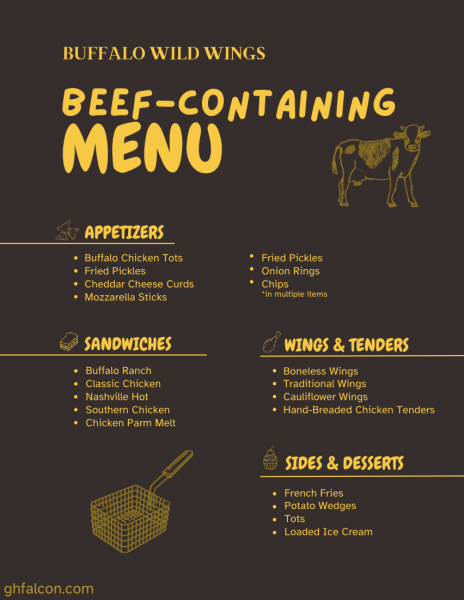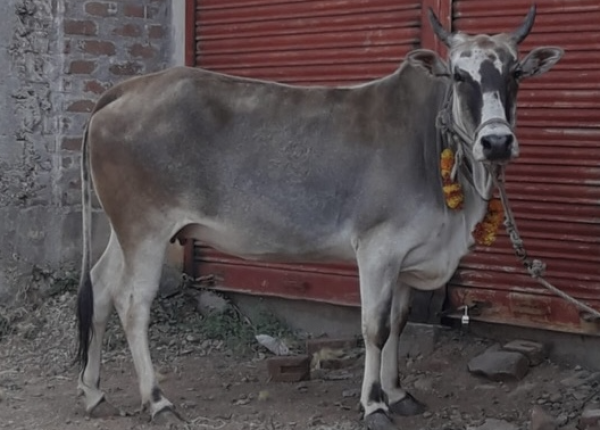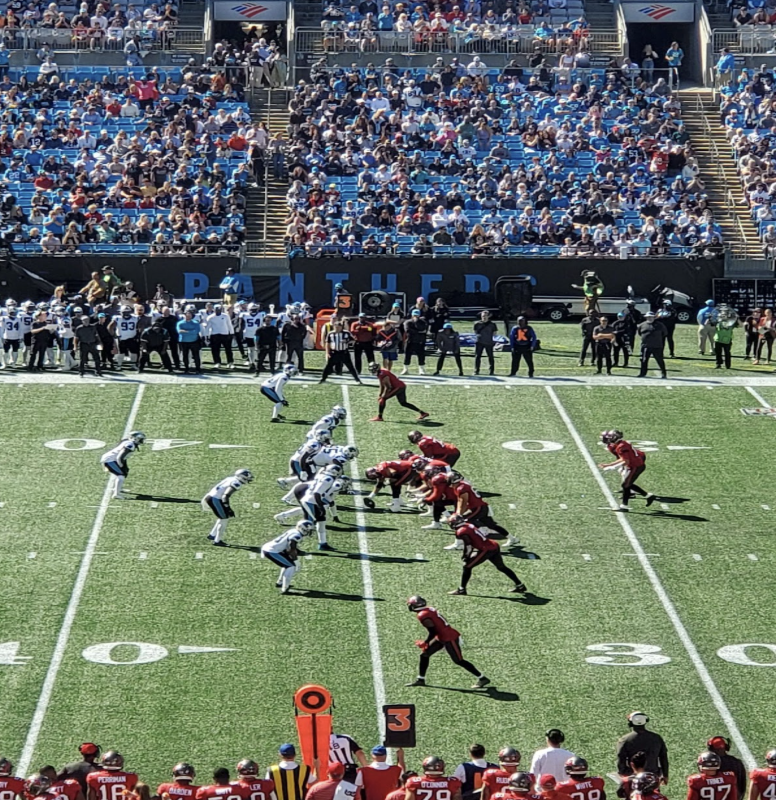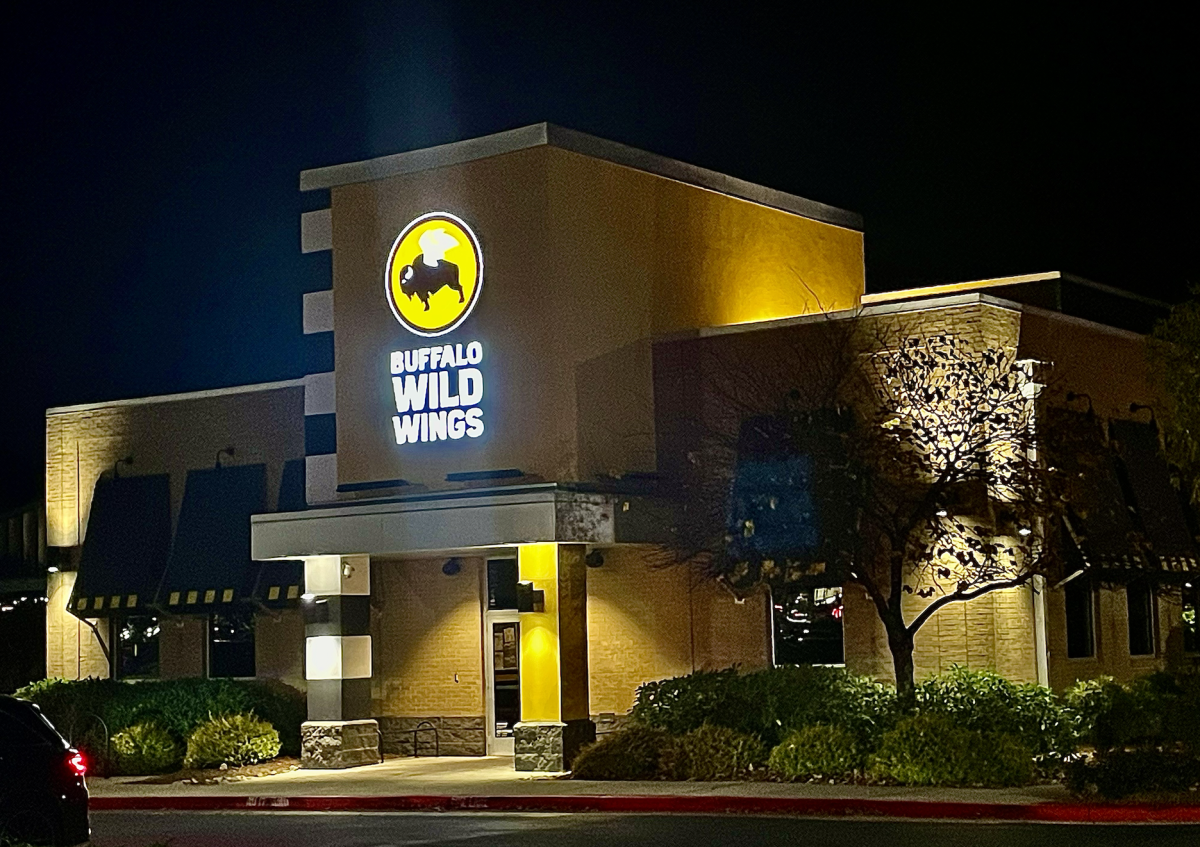“I’d feel betrayed.”
This was Nabiha Rahman’s (‘25) reaction upon being presented with information about an ingredient found in several menu items at Buffalo Wild Wings, a casual dining restaurant and sports bar chain. According to their Allergen & Preparation Guide, milk is not the only cow product in their Loaded Ice Cream. From their frozen treat toppings to their cauliflower wings, every fried item on the Buffalo Wild Wings menu contains beef tallow.
Why would someone feel “betrayed” by learning this fact? As Vice President of the Green Hope High School Muslim Student Association (MSA), Rahman has connected with fellow students across the Muslim community and reflected on the core values they shared throughout their club’s discussions and Ramadan feasts.
Rahman, along with many other followers of Islam, follows a halal diet. Animals must go through a specific ritual slaughter – called zabiha – in order for their meat and fat to be considered “halal,” or permitted by Islamic law.

Many members of the Muslim community tend to be cautious about following Islamic dietary restrictions and often stick to vegetarian items when halal non-vegetarian foods are unavailable. Imagining a situation that could result from “hidden” ingredients, Rahaman predicted feeling disappointed that her presumably vegetarian french fries actually contained beef tallow. She explained that it interfered with her ability to practice her religion.
Co-president of the Green Hope Hindu Youth for Unity, Virtue and Action (YUVA) Siddhi Vispute (’27) expressed her thoughts on this issue from the perspective of Hinduism. She is devoted to understanding the religious contexts behind Hindu values and beliefs.
“The cow holds a sacred place in Hinduism, symbolizing motherhood, sustenance, and life. Killing or eating a cow is seen as a violation of these values,” said Vispute.
She explained how the cow is a sacred animal in Hinduism due to its connection with Lord Krishna, and is even a subject of worship in some religious ceremonies. For this reason, the consumption of beef is avoided and becomes a dietary restriction for many Hindus. Overall, the unexpected presence of beef in restaurant foods is a big concern.
If menus lack of indication of specific dietary elements, such as animal meat or fat, people may not even know to consider the potential presence of them.
Vispute compares the labeling of common allergies with religious dietary restrictions, and stresses how they deserve “similar transparency.” This would build more trust in consumers, as they would feel secure when the restaurant openly discusses ingredients, rather than having to make a decision by relying solely on personal research.
“If I told someone [a fellow muslim] their reaction would be, ‘Why did you tell me?’ because now they can’t have it anymore,” said Rahman. Both she and Vispute agreed on the value of forgiveness when it came to accidental violations of dietary restrictions.

They explained that while no formal process of repentance existed in either of their religions, there are still feelings of unease about having eaten something they didn’t want to.
Rahman also emphasized the role of intentions in the Islamic faith. In a situation where people are unaware of the beef contained in their meal, the honest mistake is easily forgivable. However, continuing to eat after finding out would mean intentionally going against restrictions. She stated that it is “sad” finding out about such thing, people would rather just not know so they could keep enjoying things that they had been eating with pure intentions.
The hidden nature of beef tallow in Buffalo Wild Wings food has impacts on groups of people extending beyond vegetarians, Hindus and Muslims. This would violate kosher diets followed by certain Jewish people, which — similar to the Islamic ritual zabiha — only allows for the consumption of animals that have gone through ritual slaughter called “Shechitah.” There can also be non-religious impacts such as for people with Alpha-gal syndrome, an allergy to ruminant meat, such as beef, as consuming products like beef tallow may be life-threatening.














































































